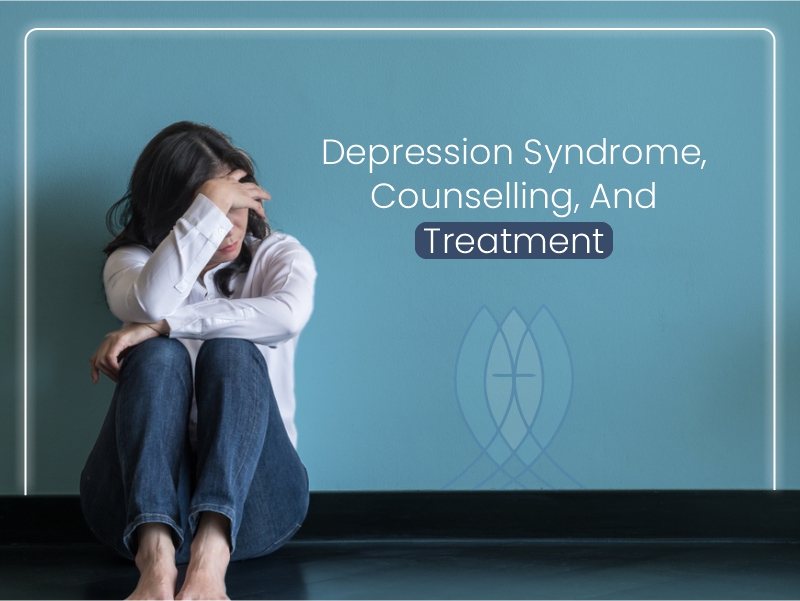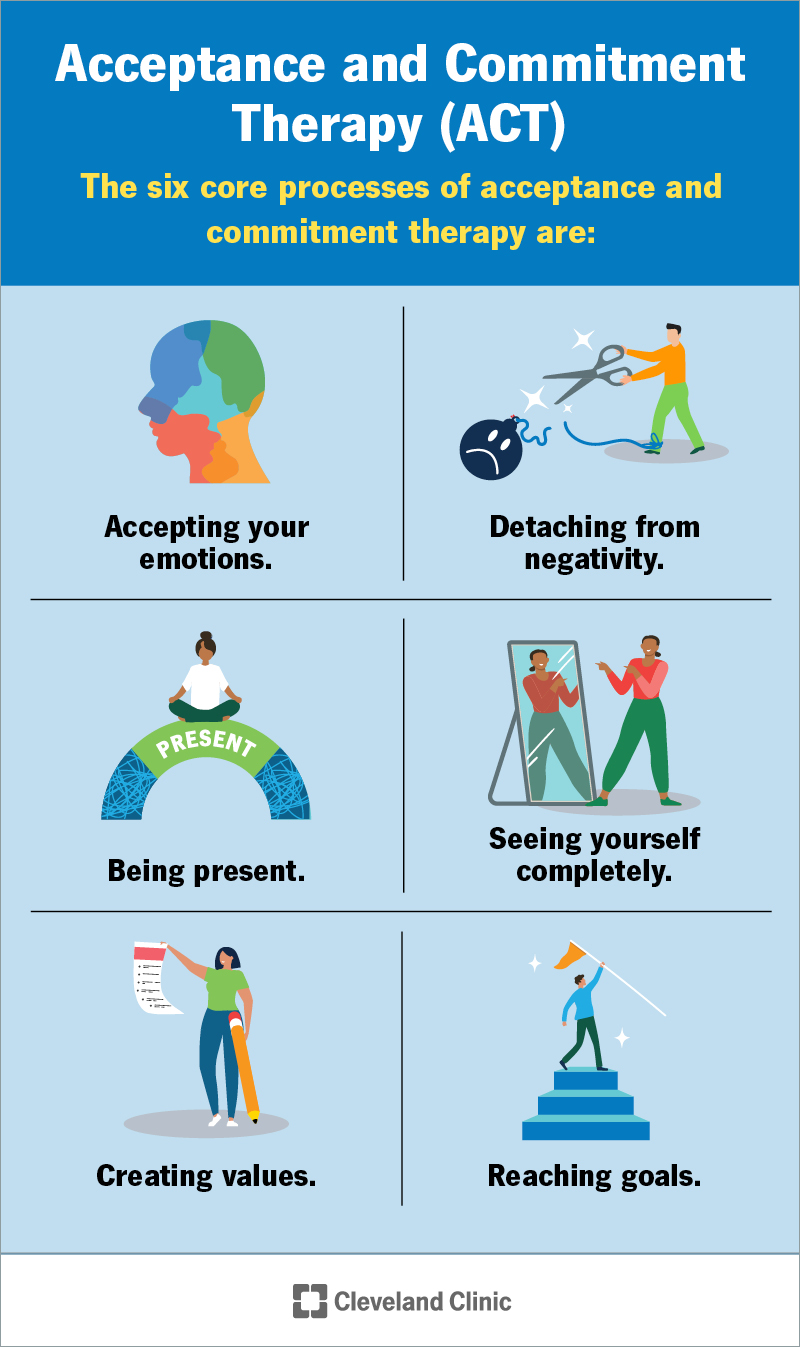Experienced counselling for anxiety disorder support by qualified therapists
Checking Out Different Strategies in Therapy for Anxiety Condition for Long-term Adjustment
When dealing with stress and anxiety disorders, it's vital to check out a range of therapy methods. Each method offers one-of-a-kind understandings and devices to help you handle your symptoms effectively. You could discover that integrating methods can generate the finest outcomes. Comprehending the subtleties of these techniques is key to cultivating long-term change. What if the ideal mix could release a brand-new degree of psychological health for you?
Comprehending Stress And Anxiety Conditions: A Brief Review
Anxiousness conditions, which affect numerous people worldwide, can substantially affect day-to-day live. You might experience frustrating sensations of concern or fret that seem uncontrollable. These sensations can lead to physical symptoms like an auto racing heart, sweating, or perhaps lightheadedness. Usual kinds of anxiety disorders include generalized anxiousness problem, panic condition, and social stress and anxiety disorder. Each has distinct indicators, yet they all share a tendency to interrupt your routine and relationships.Understanding the root creates of your anxiousness is vital. It could come from genes, mind chemistry, or life experiences. Identifying your triggers can help you handle your responses better. It's crucial to keep in mind that you're not the only one in this struggle. Many individuals face comparable challenges, and seeking assistance is a solid action towards sensation better. By learning more about anxiousness disorders, you're already on the path to understanding and handling your condition a lot more effectively.
Cognitive-Behavioral Therapy: Testing Adverse Idea Patterns

Recognizing Unfavorable Thought Triggers
When you come across moments of distress, identifying the certain triggers behind your unfavorable thoughts can be essential in taking care of stress and anxiety. Beginning by taking notice of scenarios that prompt feelings of concern or anxiety. Is it a crowded area, a future deadline, or a discussion with specific people? Write down these instances in a journal. This will certainly aid you determine patterns in your thinking. Notice physical experiences that accompany your unfavorable ideas, like a racing heart or tightness in your breast. By determining these triggers, you get understanding right into what's sustaining your stress and anxiety. Comprehending these connections is the first action in testing those thoughts and inevitably regaining control over your psychological actions.

Replacing Thoughts With Positives
Testing unfavorable thought patterns is an essential action in transforming your frame of mind and lowering anxiety. You may frequently locate on your own caught in cycles of insecurity or tragic reasoning. Rather than letting these ideas dictate your feelings, technique replacing them with realistic alternatives or positive affirmations. As an example, when you assume, "I can't handle this," move it to, "I can handle challenges one step each time (Counseling services for anxiety)." This simple adjustment can greatly impact your psychological state. Frequently determining and countering these unfavorable thoughts aids produce a healthier internal dialogue. Remember, it requires time and initiative, yet regularly practicing this strategy can result in lasting modification, equipping you to encounter anxiousness with restored self-confidence and durability
Structure Coping Methods Together
Changing negative thoughts is only the beginning of managing anxiety efficiently. To develop long-term adjustment, you require to develop coping methods that equip you. Cognitive-Behavioral Treatment (CBT) aids you recognize and challenge those unhelpful thought patterns. With each other, you and your therapist can check out exactly how these thoughts impact your feelings and behaviors.Start by establishing useful methods, like journaling or mindfulness workouts, that enable you to challenge anxiousness head-on. When you encounter your fears slowly, you'll find out to respond in different ways.

Mindfulness and Acceptance-Based Approaches: Growing Present-Moment Understanding
As you browse the complexities of anxiety, incorporating mindfulness and acceptance-based techniques can significantly enhance your capacity to grow present-moment understanding. By concentrating on the present moment, you'll locate that you can observe your thoughts and sensations without judgment. This method helps you recognize your anxiety without feeling bewildered by it.Engaging in mindfulness exercises, such as deep breathing, body scans, or directed reflections, allows you to ground yourself in your current experience. Acceptance-based approaches encourage you to accept your feelings rather than fight against them. When you approve your sensations, they lose their power over you.Incorporating these methods into your everyday routine can change exactly how you reply to anxiety. You'll create resilience and find out to browse demanding scenarios with greater convenience. Inevitably, growing present-moment recognition lays the structure for long lasting modification, empowering you to lead a more meeting life.
Exposure Treatment: Facing Fears Gradually
Direct exposure therapy assists you face your fears in a progressive method, making it less overwhelming. You'll discover strategies to face anxiety-provoking situations detailed, while additionally building coping strategies to manage your reactions. This technique empowers you to take control and lower anxiousness in time.
Steady Exposure Methods
When facing anxiety, slowly challenging your fears can be a powerful way to reclaim control. This strategy, known as gradual direct exposure, includes slowly exposing on your own to the scenarios or objects that cause your anxiety. Start with less intimidating circumstances and slowly work your means approximately even more challenging ones. As an example, if you're afraid of public talking, you may start by talking in front of a mirror, then proceed to sharing thoughts with a buddy, and ultimately resolve a little team. Each step helps desensitize you to the anxiety, developing your self-confidence over time. Bear in mind, it's vital to speed on your own and commemorate small success as you relocate through this procedure, strengthening your capacity to handle anxiety effectively.
Building Coping Approaches
Structure reliable coping methods is important for managing anxiety, particularly as you confront your anxieties slowly. One effective see post technique is direct exposure treatment, where you begin by facing your anxieties in a controlled fashion. Start with less daunting circumstances and gradually work your means up to even more challenging circumstances. This steady exposure aids desensitize you to anxiousness causes, making them less overwhelming.Incorporate leisure strategies, such as deep breathing or mindfulness, to soothe your mind throughout exposure. Track your progression, commemorating small triumphes along the road to improve your self-confidence. Keep in mind, it's all right to take your time; the objective isn't excellence however steady improvement. By developing these approaches, you'll encourage on your own to browse stress and anxiety and embrace life much more fully.
Psychodynamic Therapy: Uncovering Source of Stress And Anxiety
Psychodynamic treatment explores the subconscious mind, revealing the origin causes of your stress and anxiety - look these up Counseling services for anxiety. By analyzing your thoughts, feelings, and past experiences, this approach aids you reveal underlying problems and unsolved concerns that may contribute to your current anxiety. You'll collaborate with a therapist to examine childhood experiences, connections, and psychological patterns that form your actions today.As you gain understanding right into these deeper layers of your subconscious, you'll start to identify how previous occasions affect your present actions. This understanding can bring about catharsis, enabling you to refine emotions you could have suppressed.Through the restorative relationship, you can likewise recognize defense systems that might have developed gradually, providing a clearer path to change. Ultimately, psychodynamic therapy outfits you with the tools to resolve your stress and anxiety at its core, advertising long-term makeover in your emotional wellness
All Natural and integrative Strategies: Combining Strategies for Greater Effectiveness
Incorporating different healing strategies can boost your journey towards managing stress and anxiety better. By combining components from cognitive-behavioral therapy, mindfulness practices, and holistic methods, you can produce an individualized method that addresses your one-of-a-kind needs. As an example, you may utilize cognitive-behavioral strategies to test adverse thought patterns while integrating mindfulness exercises to ground on your own in the existing moment.Additionally, checking out holistic techniques such as yoga exercise or meditation can promote leisure and lower stress and anxiety signs. This blend enables you to develop better self-awareness and resilience.Experimenting with these varied approaches can help you uncover what reverberates most with you. Remember, it's about discovering a harmony that works, instead of staying with a solitary method. This integrative approach not only uses instant relief but also promotes long-term skills for managing anxiety, encouraging you to recover control over your life.
The Duty of Assistance Systems: Building Durability Through Link
While reference it might seem that handling anxiousness is a singular journey, having a strong support system can play an essential function in your resilience. Surrounding yourself with compassionate good friends, household, or assistance groups creates a safe space where you can openly share your experiences and sensations. You remind yourself that you're not alone in this struggle.These connections provide support and can provide practical coping strategies that have worked for others when you link with others. It's also a possibility to obtain point of view; buddies can aid you see circumstances differently, reducing sensations of isolation.Moreover, emotional support cultivates a sense of belonging, which can substantially alleviate stress and anxiety signs and symptoms. By leaning on your assistance system, you can construct durability and take on challenges better. Keep in mind, reaching out for help suggests stamina, and it can make all the distinction in your journey toward taking care of anxiousness.
Frequently Asked Concerns
What Are the Typical Signs of Anxiety Problems?
You might experience restlessness, fatigue, difficulty concentrating, impatience, muscle stress, and rest disruptions. Physical signs can consist of quick heart beat, sweating, and trembling. Recognizing these signs early can help you look for ideal support and therapy.

The Length Of Time Does Therapy Usually Last for Anxiousness Problems?
Therapy for anxiety problems generally lasts anywhere from a few weeks to a number of months. It actually relies on your individual requirements, progression, and the methods your therapist makes use of to help you handle your anxiety efficiently.
Can Medicine Be Made Use Of Together With Treatment for Stress and anxiety?
Yes, medicine can absolutely be used together with therapy for anxiety. Incorporating both strategies commonly improves treatment performance, aiding you handle signs while checking out underlying concerns through counseling. Constantly consult your health care service provider for individualized advice.
Exist Self-Help Strategies for Managing Stress And Anxiety?
Yes, there are numerous self-help techniques for handling anxiety. You can exercise mindfulness, take part in normal exercise, preserve a balanced diet, develop a routine, and use deep breathing techniques to help in reducing anxiety signs properly.
Exactly how Do I Know if I Need Expert Aid for Anxiousness?
You ought to take into consideration seeking professional help for anxiousness if it disrupts life, triggers significant distress, or if self-help strategies aren't functioning. Count on your reactions; connecting can result in much better coping skills and support. Typical kinds of anxiousness conditions consist of generalised anxiety problem, panic condition, and social anxiousness disorder. When you run into minutes of distress, recognizing the particular triggers behind your unfavorable thoughts can be essential in handling anxiety. Changing negative thoughts is only the beginning of handling stress and anxiety properly. By examining your ideas, feelings, and previous experiences, this strategy helps you reveal underlying conflicts and unsolved problems that may contribute to your current anxiety. It's additionally an opportunity to gain perspective; buddies can help you see situations in a different way, reducing feelings of isolation (Counseling services for anxiety).Moreover, emotional support promotes a sense of belonging, which can substantially ease stress and anxiety symptoms